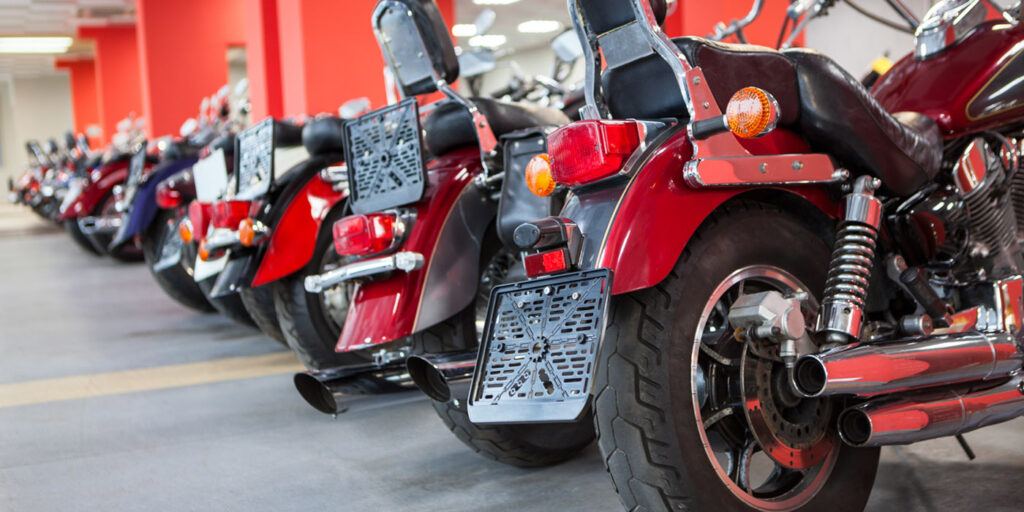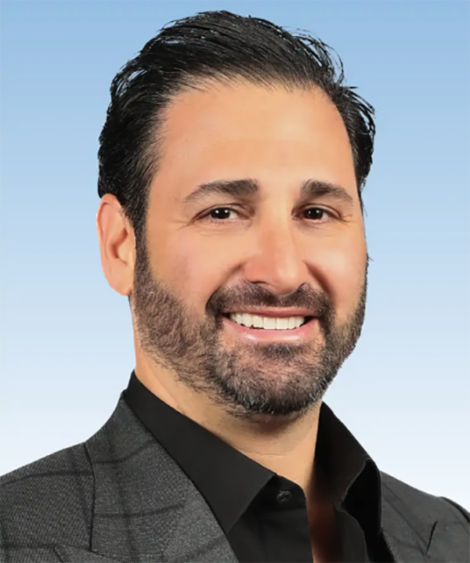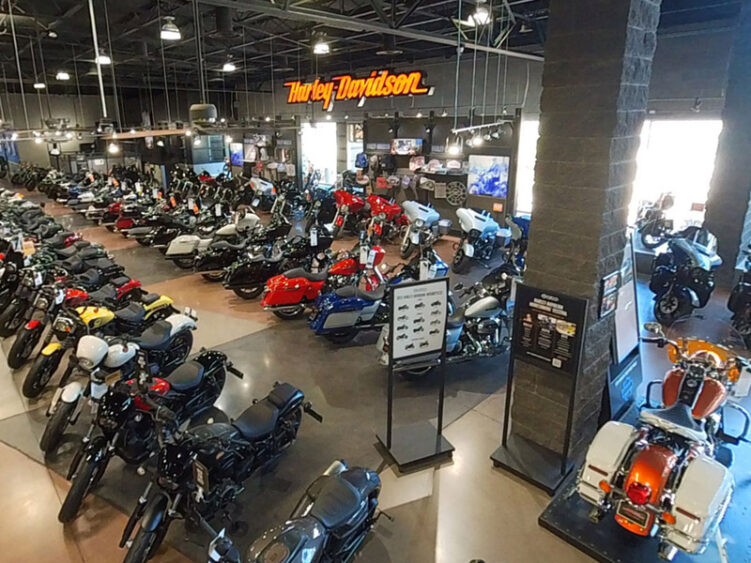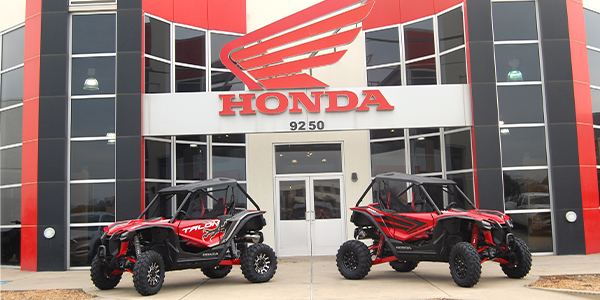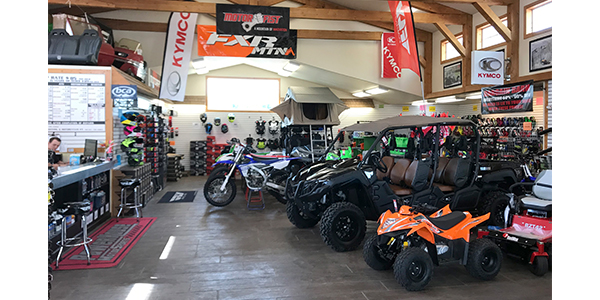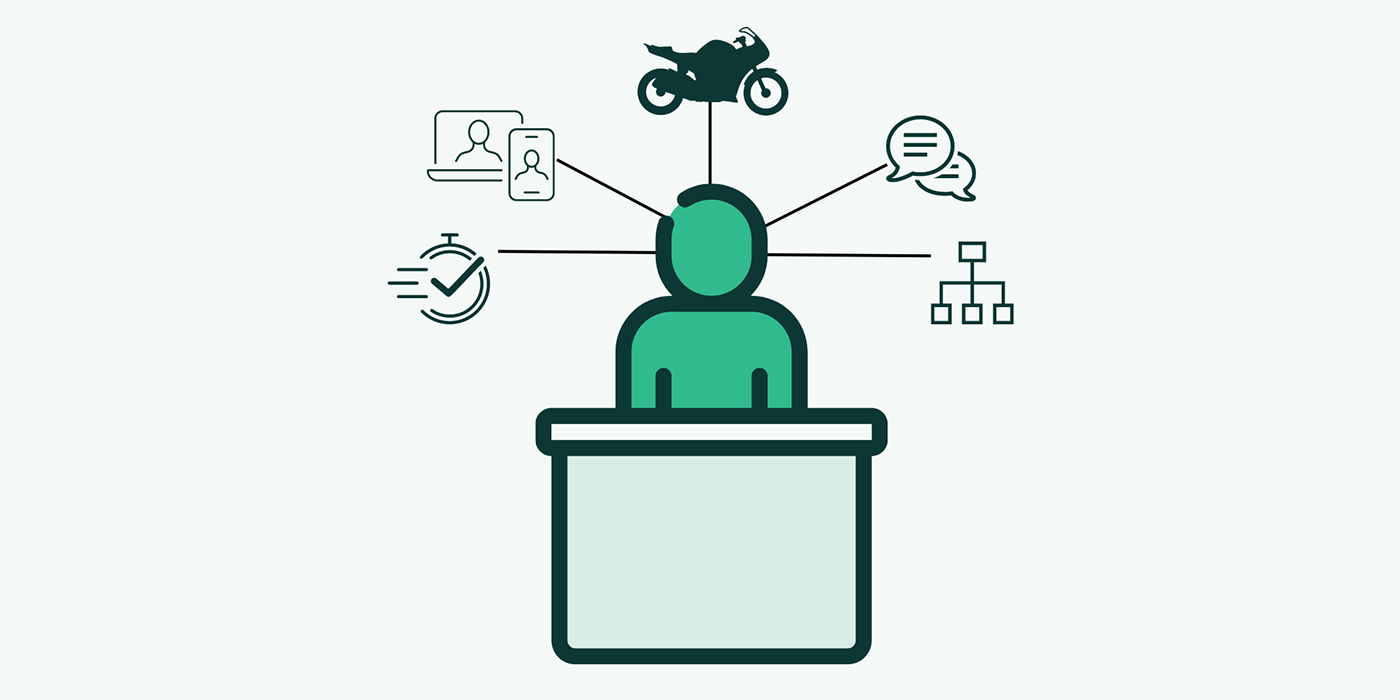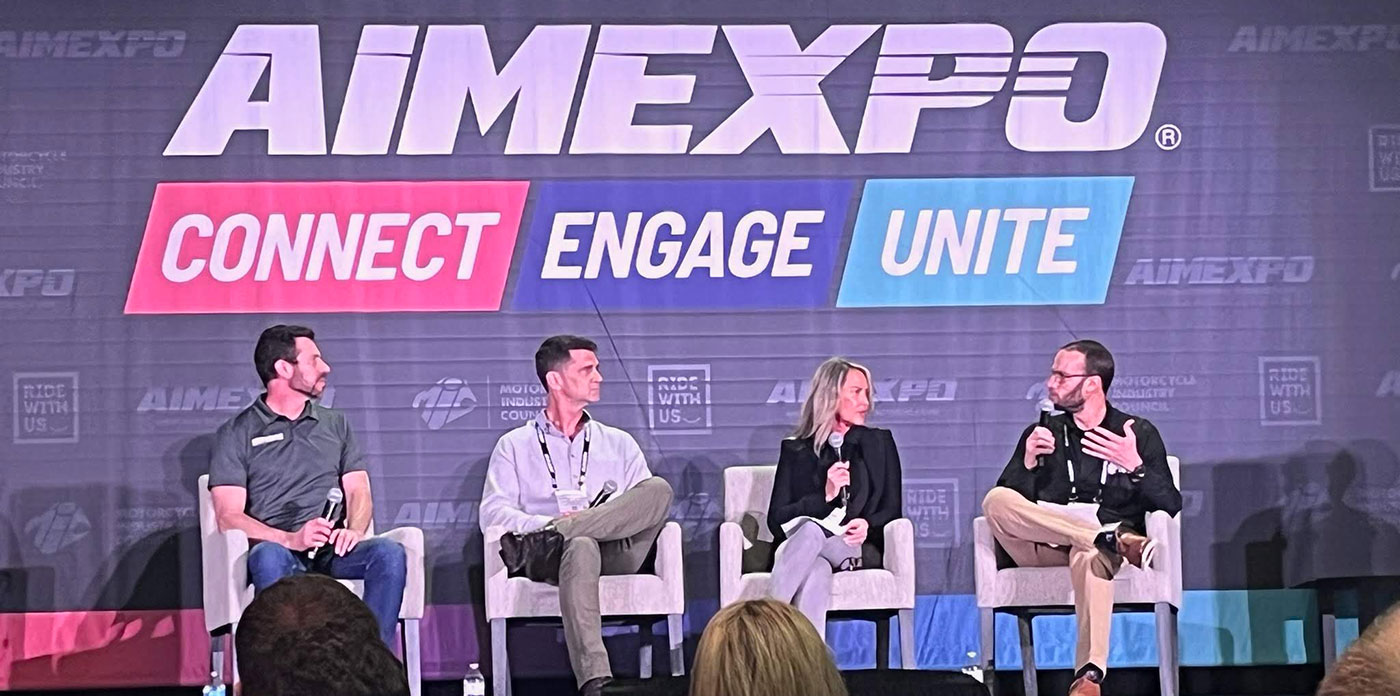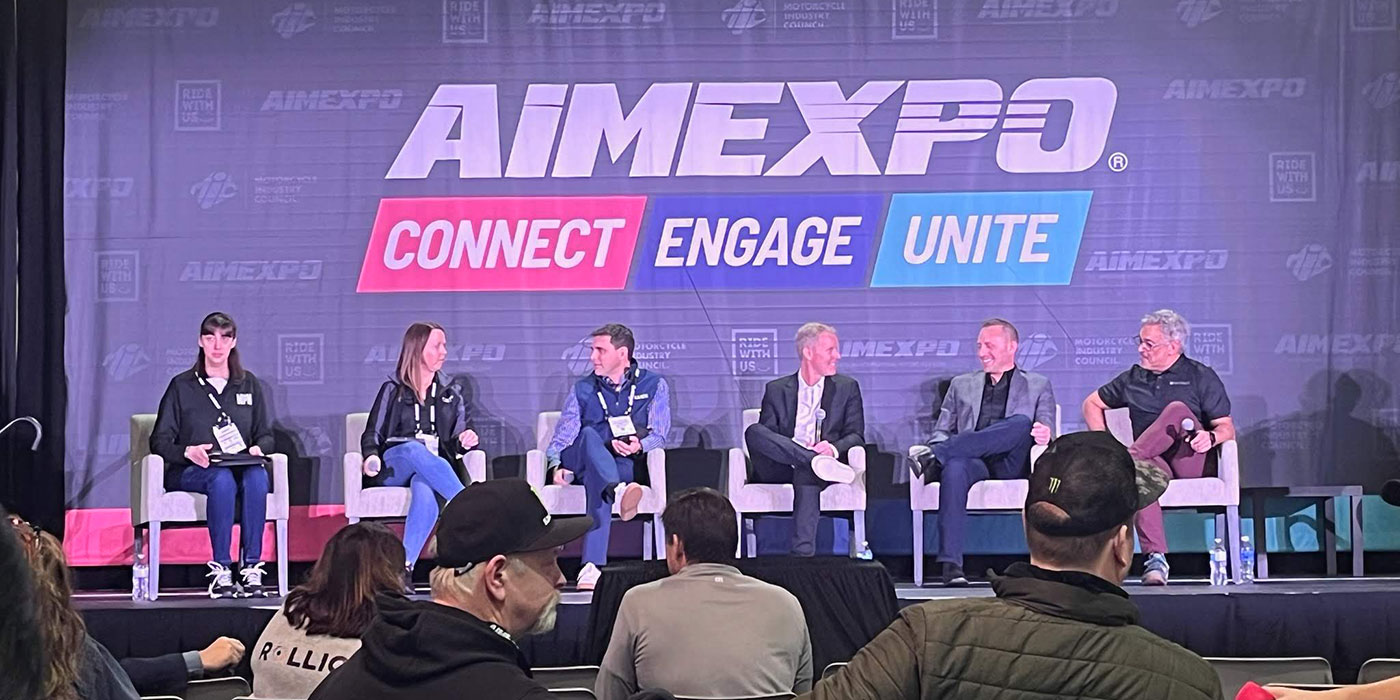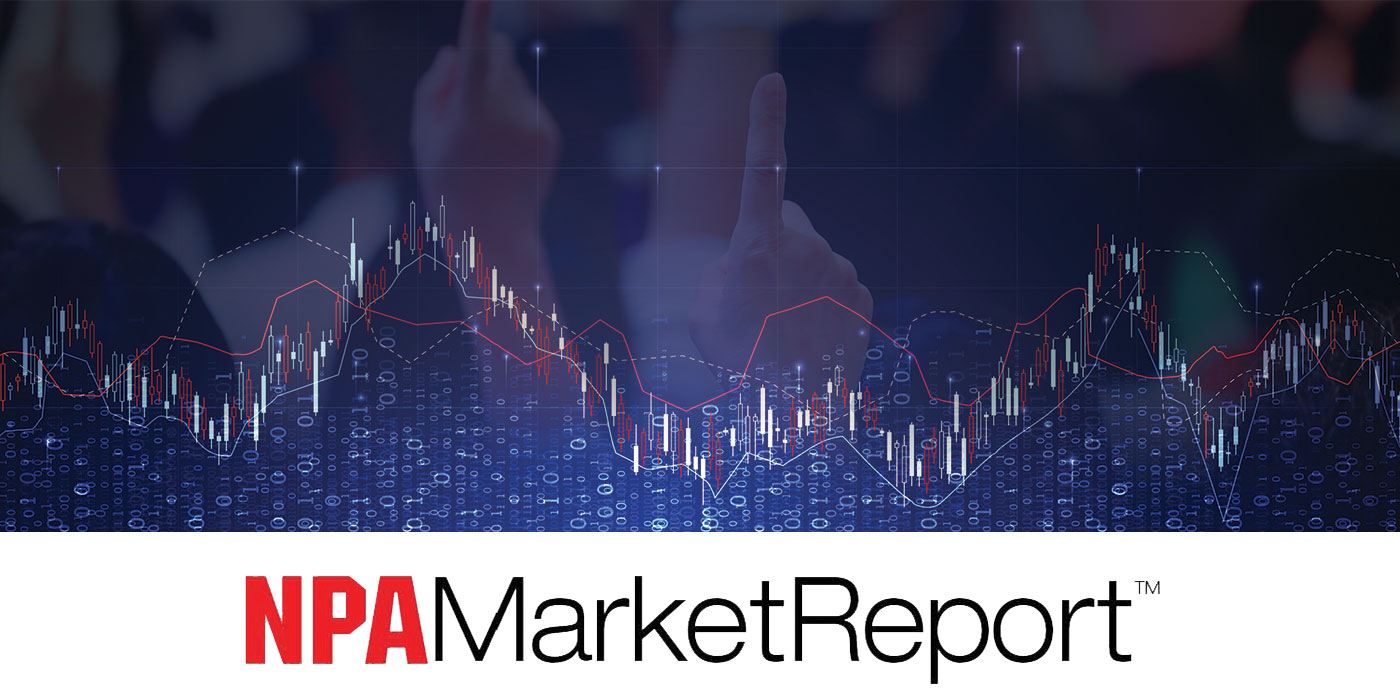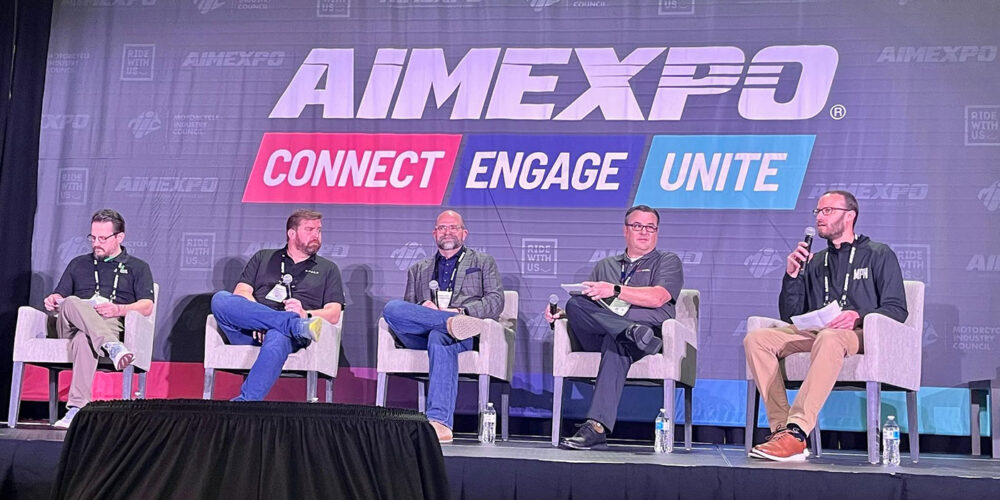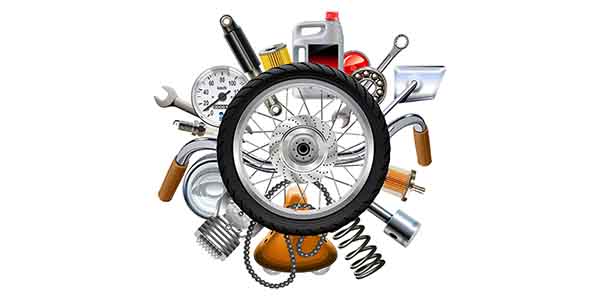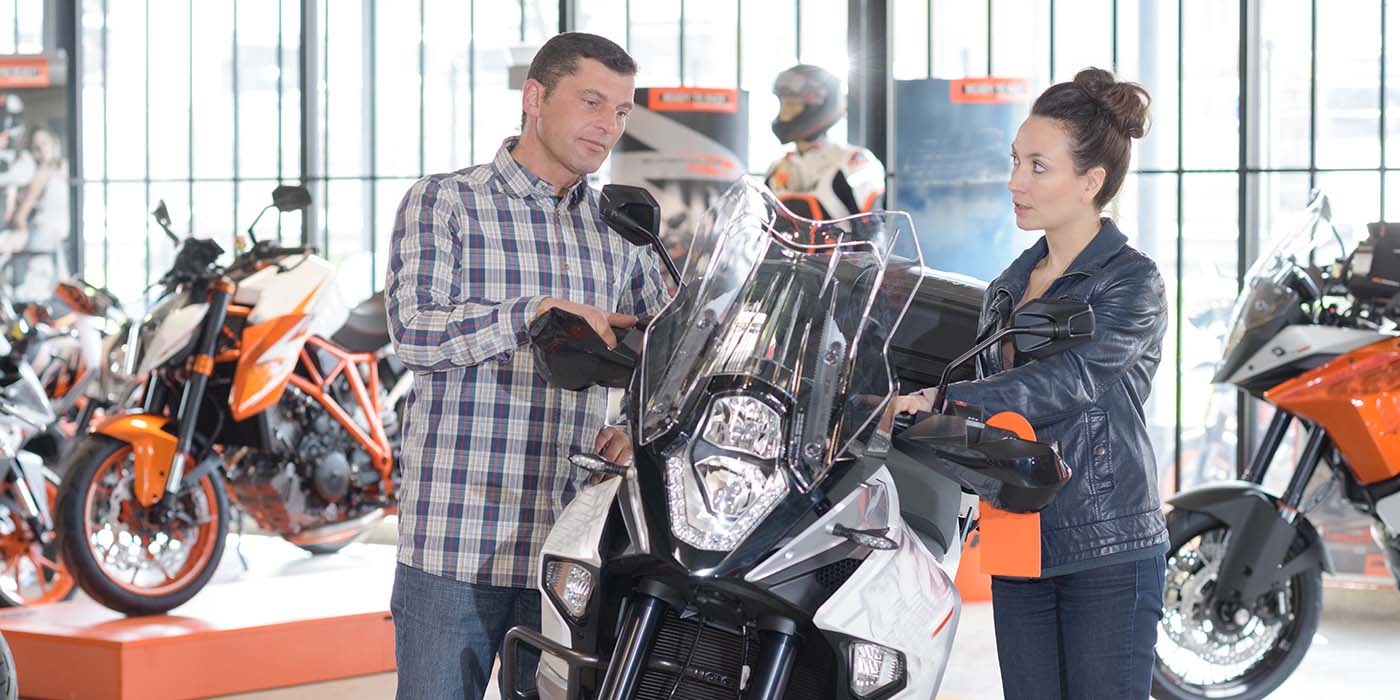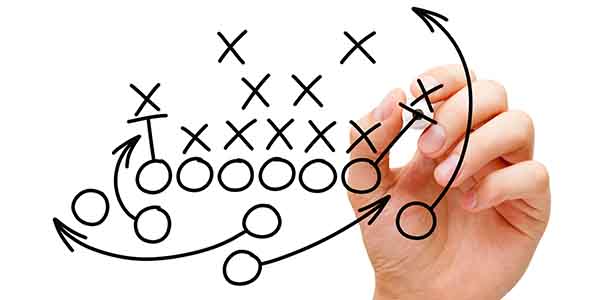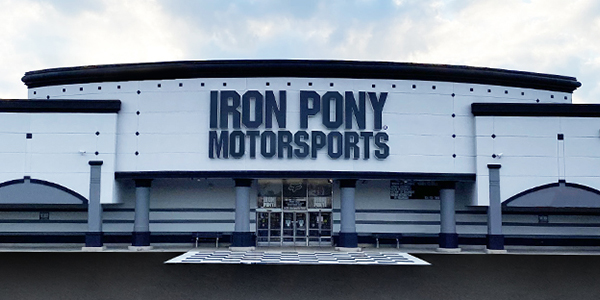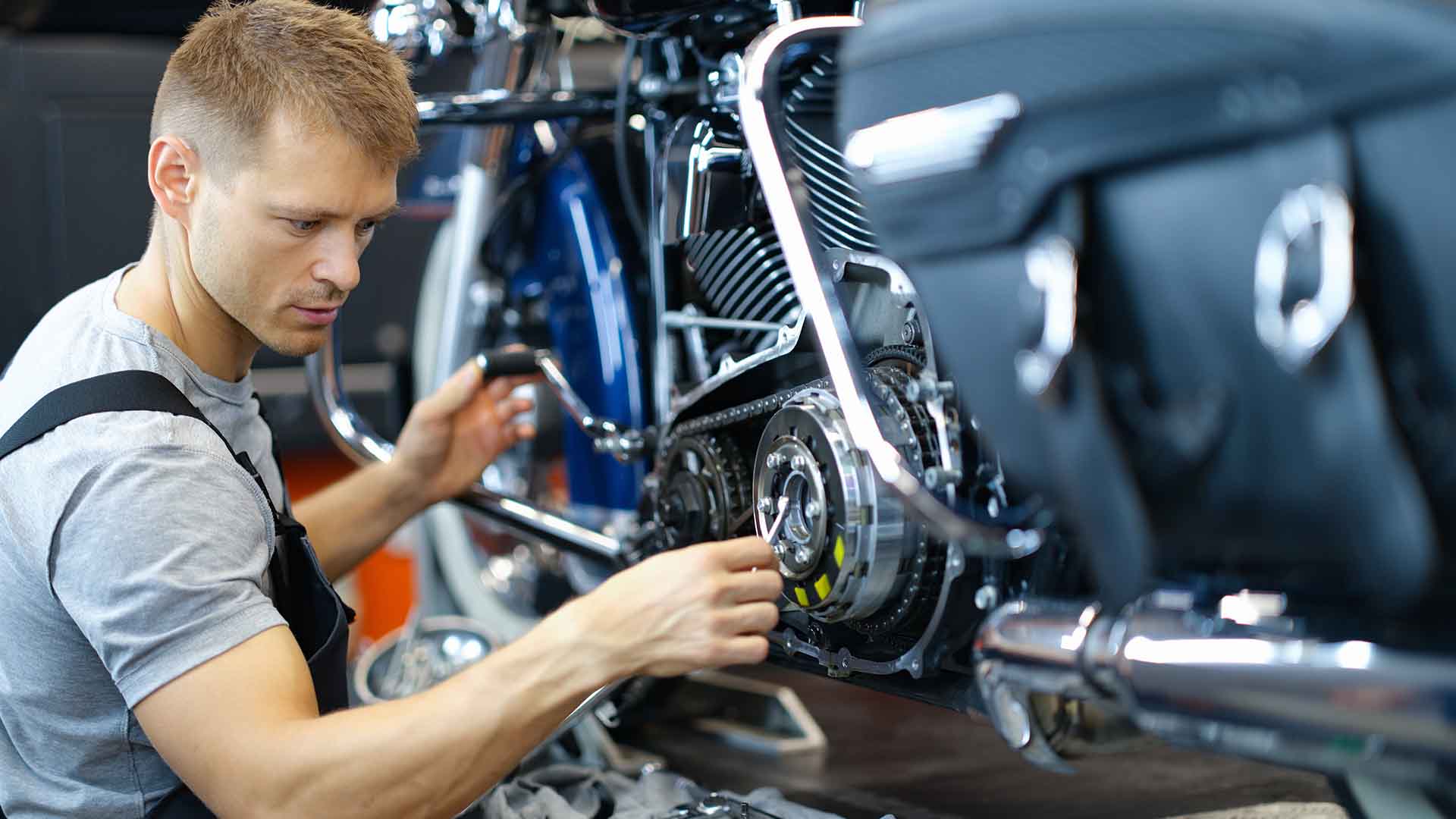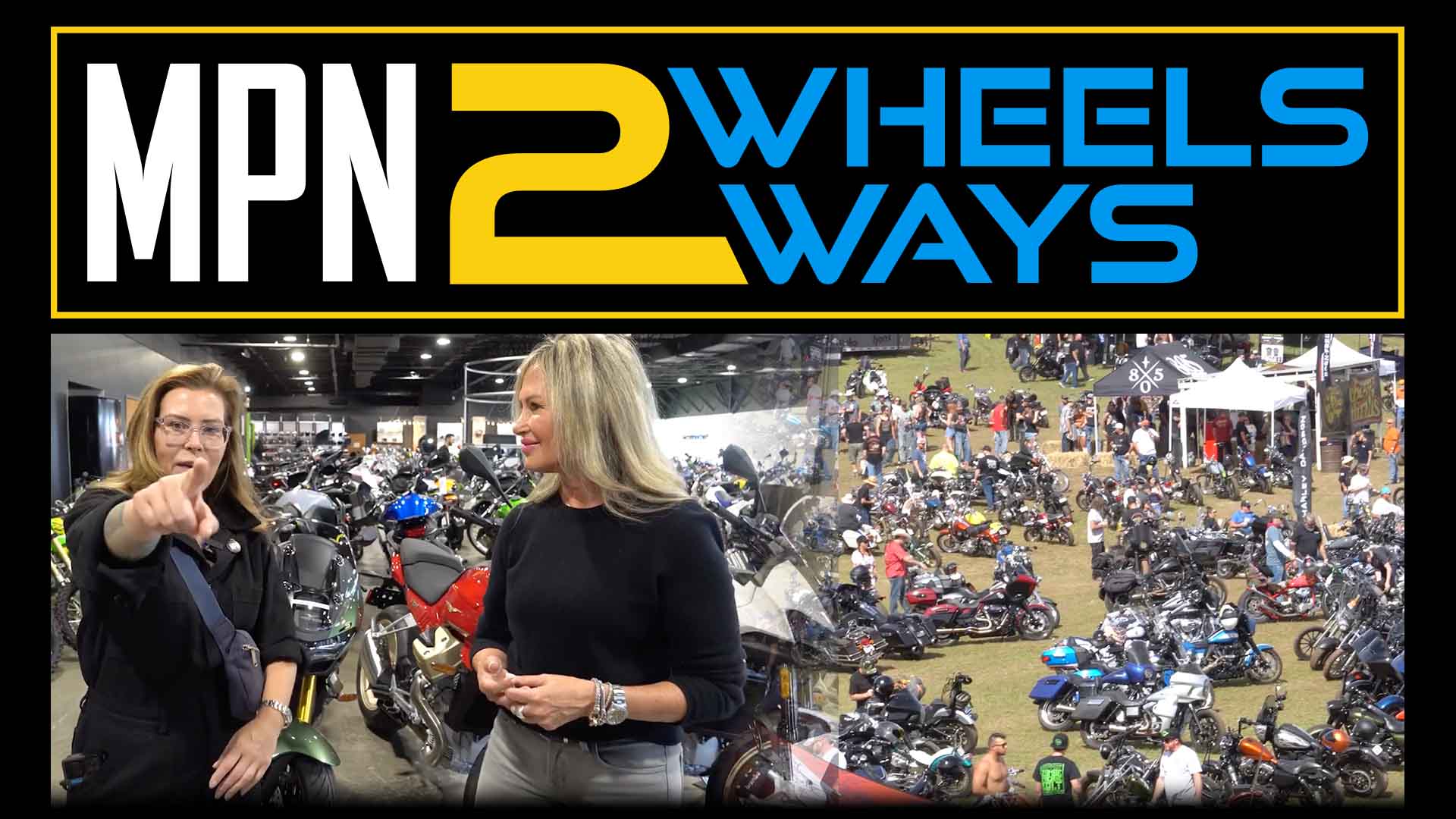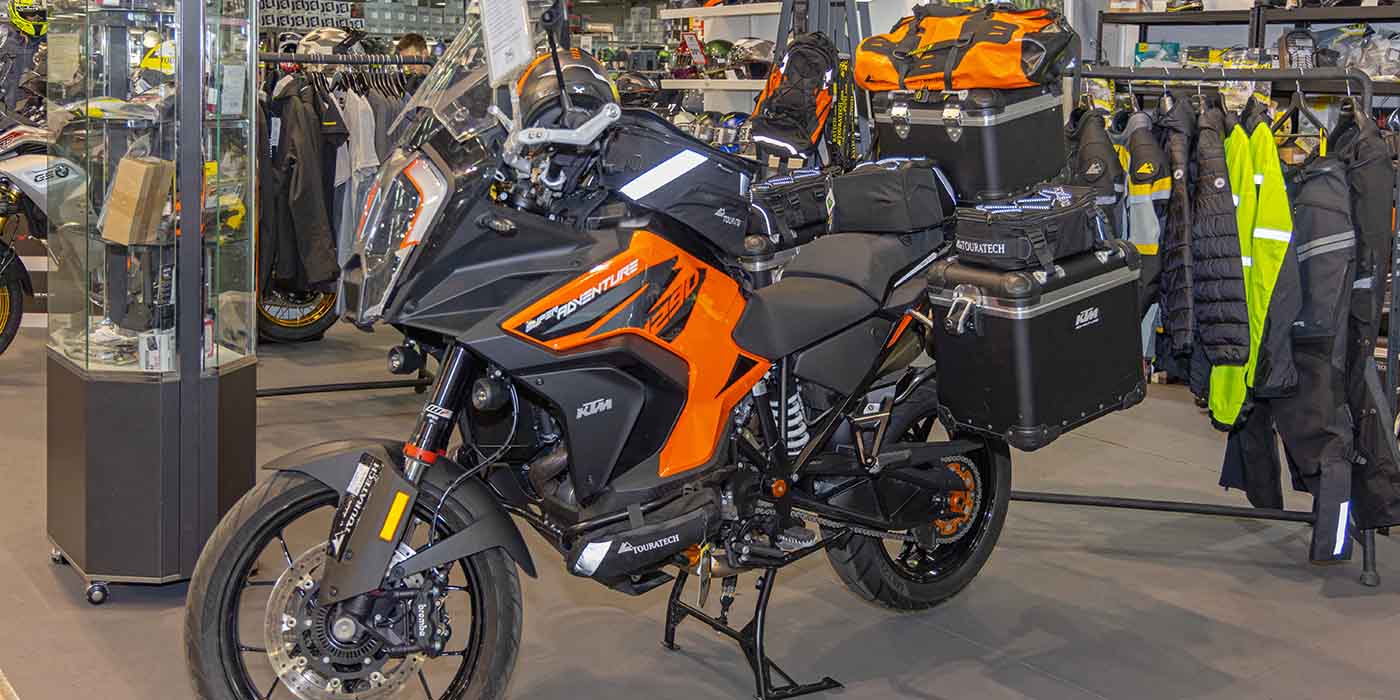Recently, a new trend has been happening between auto dealers and the motorcycle and powersports segment. Auto dealers who sell only cars and SUVs have come to realize they may be missing out on a huge opportunity for profits. As such, car dealers have been turning to motorcycle and powersports dealerships for acquisition in order to fill that gap.
Dave Cantin, executive chairman and CEO of The Dave Cantin Group (DCG), a financial advisory company serving North American dealers on the buy and sell side of the mergers and acquisitions (M&A) process, has been a proponent of auto dealers getting into the powersports space. In fact, DCG itself announced it is expanding its buy/sell services to motorcycle, RV, powersport and even heavy truck dealerships.
Each of these sectors is being fueled by specific trends driving steady growth with strong margins, making these dealerships attractive acquisition targets for larger public and private dealership groups. Consolidation in the broader automotive industry is expected to continue, and in order to maintain strong growth, larger groups are looking outside traditional automotive dealerships and into adjacent sectors — motorcycle and powersports dealers being a primary one.
DCG has been active across the dealership landscape with notable transactions that include the sale of Bruce Rossmeyer’s Daytona Harley-Davidson to Ed Morse Automotive Group. We spoke to Dave Cantin about what he’s been seeing in the M&A space when it comes to auto dealers’ desires to acquire a powersports dealer, and below is what he had to say.
MPN: Dave, tell us a bit about your background in dealerships.
DC: I retired from the new car dealership business in 2013 after over 10 years in the business. My partners and I sold (at the time) the largest Hyundai dealership in the world. I got into and fell in love with the M&A side of the business after that and started DCG in 2017, growing it into one of the largest in the business today.
MPN: What are reasons for car dealers to go after powersports dealers as acquisitions?
DC: Powersports dealerships are a great way to diversify a car dealer’s business and give them the ability to offer more than a new car to a customer they’ve built a trusted relationship with.
MPN: Are there specific powersports dealers that are more attractive than others? Does location matter?
DC: This is an interesting question because location matters, but it’s more contextual. The specific location doesn’t matter too much because there is less dealer density in the powersports industry and people are willing to travel further for powersport vehicles than they would for a new car.
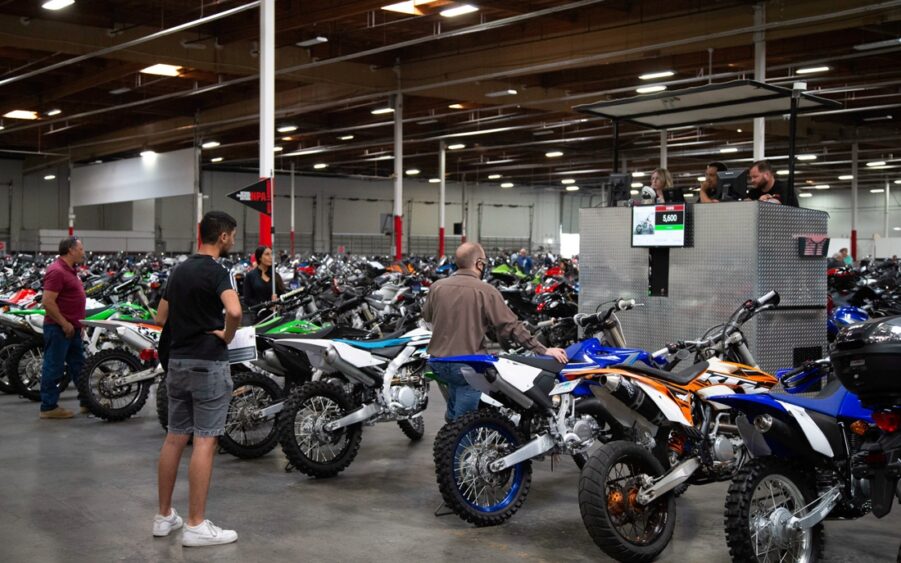
Location matters more when talking about it in the context of a potential buyer who would want that powersports dealership to be within a footprint where they’ve developed a loyal customer base. This makes the acquisition strategic and will allow them to cross sell within their platform. But, what makes one dealership more attractive than others is having a strong, loyal customer base.
MPN: What are various ways car dealers differ from powersports dealers in terms of how they operate?
DC: The businesses themselves are similar, but the primary difference between the two is in what happens after the unit sale. New car dealers generate a significant amount of recurring customer revenue through aftermarket sales, specifically fixed operations, while powersports dealers drive more revenue on products and parts.
MPN: What are some similarities between the two types of dealerships?
DC: There are far more similarities than differences, which is what makes a powersports dealer so attractive to a new car dealership. Both have to sell and service; both need to market to consumers; both need to build brand loyalty; both need to report to OEMs and are responsible for specific KPIs.
MPN: What can powersports dealers learn from car dealers? And, what do you think car dealers do better?
DC: Successful car dealers have really learned how to maximize their absorption rate and can cover the cost of their overall business via fixed operations. Even successful powersports dealers rely on new sales and all aftermarket sales and service to support the business.
MPN: Are there things powersports dealers do that car dealers should implement?
DC: Powersports dealers do a much better job at selling additional products and parts for the vehicle — new car dealerships could improve there.
MPN: What are reasons that powersports dealers would want to be acquired by a car dealer?
DC: If a powersports dealer is considering retirement, a new car dealership — in their market — is likely the most qualified buyer. They are very likely to meet the OEM requirements and already has a relationship with consumers in the market.
MPN: What do you think is the best way to integrate a powersports acquisition into your dealership portfolio in terms of shuffling people, if at all? Does the culture change or remain the same? Do you change the name?
DC: Typically, the strategy is not to move people around or change culture unless there are problems with one or both of those things. Acquirers look to add resources to existing teams and fill gaps. They do not want to change great culture or move out quality people.
MPN: Anything additional about the acquisition process or your thoughts on car dealers vs. powersports dealers?
DC: New car dealerships have faced many challenges over decades and decades of business. I think there’s a lot of value these operators can add to the powersports industry to help unlock even greater upside in the business.

